What makes people become Uber cabbies in Lausanne?
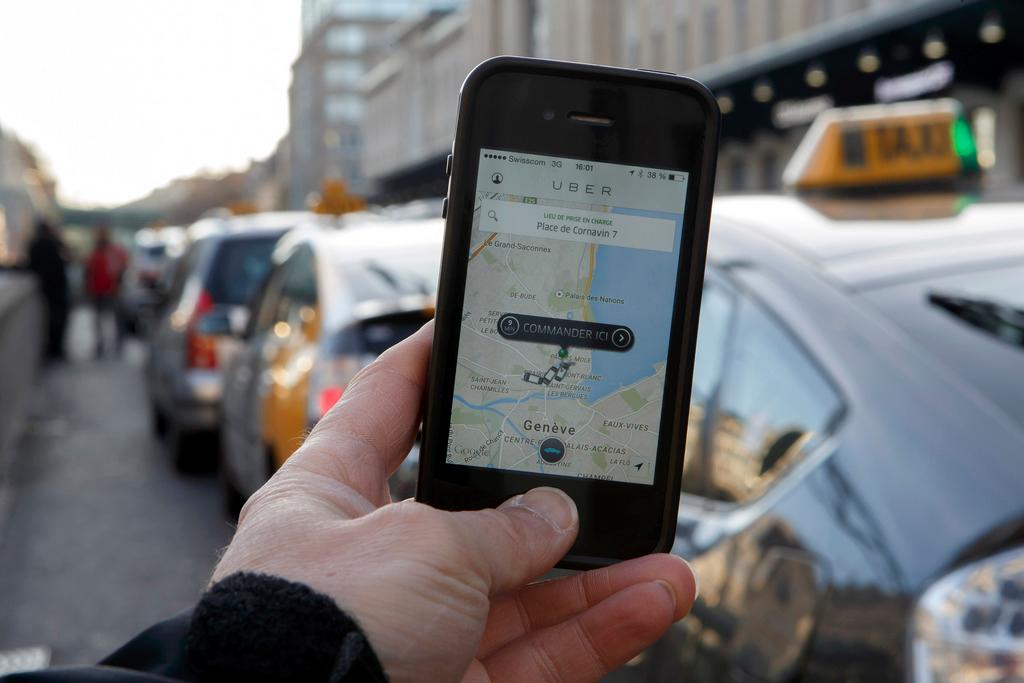
*Robert steps out of his Uber car with a cordial ‘bonjour’ and opens the door for me. Uber has entered its latest Swiss city – Lausanne – but for a controversial company in a place with low unemployment and high wages, how easy is it to find drivers?
Several minutes after placing an order via the Uber app on my smartphone, my taxi – a shiny-new BMW 4×4 – pulls up. After a polite welcome, I’m invited to settle into the deep leather rear seat. A tap on the smartphone on the dashboard to confirm the ride and we are off.
“I have a good job and in theory lots of things to do at home with the two children, but I was interested in taking part in this new adventure. I’m a bit of a geek,” jokes 48-year-old Robert.
Curious and seeking some hi-tech excitement, Robert signed up as an UberPop driver in January when the service was launched in the western Swiss city.
A ten-minute, two-kilometre journey in the centre of Lausanne costs CHF8 ($8.35) – about half the standard fare.
As we continue to wind our way through the hilly city, guided by GPS technology and the “Lausanne Knowledge”, Robert tells me he earns CHF300 a week for 12 rides an evening, driving for a few hours on Thursdays, Fridays and Saturdays, but stresses he’s not in it for the extra cash.
“For me it’s an occupation in my free time. It’s amusing. You meet lots of different people,” he declares. “But the person who does it as a profession must be quite tired at the end of the day. I wouldn’t do that full time.”
Despite his gregarious nature, he prefers to withhold his real name.
“For now I prefer not to show myself, especially after all the press reports about problems with Uber in cities like Geneva, where some drivers were attacked and their cars vandalised,” he says. Traffic is light tonight and the bright shop windows flash by.
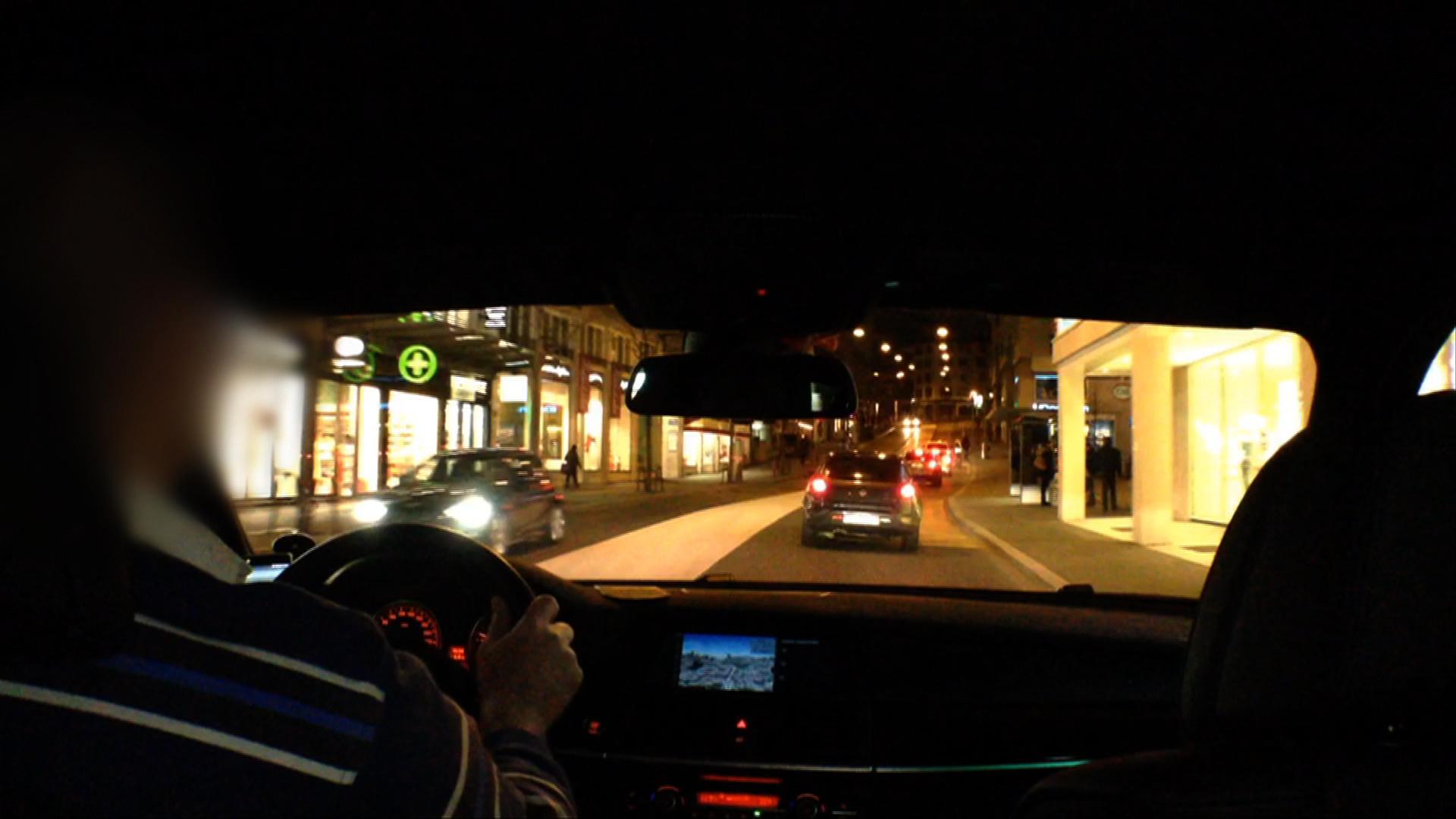
More
*Robert
Fast-expanding UberExternal link has drawn criticism across the world from regulators and established taxi operators. Since last September things have not gone smoothly in nearby Geneva.
Eight Uber drivers have filed official complaints after alleged trouble with professional taxi drivers. At the beginning of March a Geneva court threw out a legal case against Uber brought by local taxi firms, which had accused the start-up of unfair competition.
Lausanne seems to be a slightly different case. Steve Salom, Uber’s general manager for Switzerland, says he had ‘much more constructive conversations’ with the Lausanne authorities. There haven’t been any problems with Lausanne’s 300 professional taxi drivers – so far.
“It has been a calmer situation, although in Geneva it took some time for those to come,” says Salom.
Another Uber driver, Jérémie Allemand, is unperturbed by the tensions.
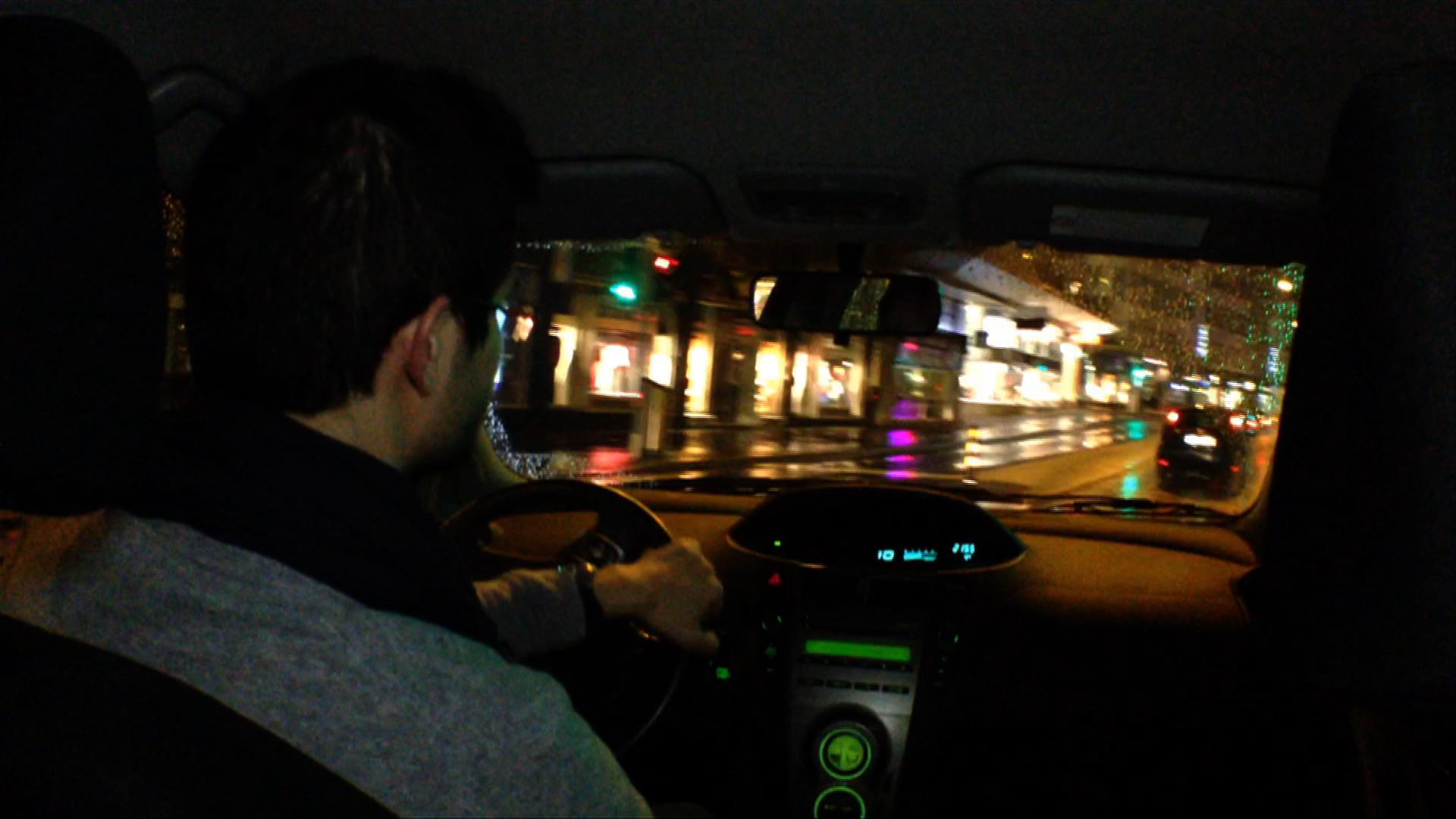
More
Jérémie
“I’ve asked lots of Uber drivers and actually the taxi drivers are quite respectful,” Allemand says as he chats away at a red light. “There have never been any problems as far as I know. I think it’s a different kind of clientele. I take a lot of customers who would never take a cab. It’s not the same target,” declares the Lausanne Hotel School student, pulling away sharply at the lights.
But the young driver says he understands professional drivers’ frustrations with Uber: “They are doing a hard job and it’s not cool when a competitor comes into the market.”
The standard of living and wages are generally high across Switzerland and unemployment is low – in Lausanne it is currently 7.3% – so why do people bother working for Uber?
“There’s a constant demand from drivers,” says Salom. “A lot of people are willing to share their cars to make money. Many people are not working full time, have cars that cost a fortune and time on their hands. The reality is that some people make a lot of money but many still believe they are not making enough.”
Beats bar work
As we drive through the centre, Jérémie points to the different nightlife hotspots, which are good sources of money for him. Unlike Robert, the student needs the extra money. Uber represents a ‘cool alternative’.
“I’ve worked in bars. That’s painful, hard work, while Uber is pretty comfortable. You’re sitting in your car and you make about as much money or a bit more, so for a student it’s really convenient,” he says. He earns about CHF150 a week driving for two hours 3-4 days a week.
Like Robert, *Ben, who works in the day in PR, also prefers to keep a low profile so his employer doesn’t discover his other occupation. He earns about the same as Jérémie, which goes towards paying monthly bills.
“If I make CHF500-600 a month it’s not bad,” he told 24Heures newspaper, adding that Uber’s 20% cut of driver earnings was fair. “In any case we are winners. There is no licence or any other costs to pay like for taxi drivers.”
Hard to find
Word of mouth and social media have helped spread the word about Uber in Lausanne and their need for new drivers, but finding chauffeurs who are up to scratch is difficult, admits Salom.
“Demand from passengers is huge. And we see that if you increase the supply of drivers it creates additional demand immediately,” Salom says. “But there are always bottlenecks. It’s very hard to get proper drivers.”
Turnover of drivers is high and only 5-10% of all applicants meet the strict criteriaExternal link and end up driving regularly for Uber in Lausanne.
Whether one of the requirements is also being nice to customers is unclear. My drivers were friendly and presentable. It’s in their interest, too. At the end of every Uber ride the passenger can rate the journey and driver. Bad ratings can reflect badly for future rides. At the same time Uber drivers can also rate passengers who may be rude or drunk.
“This is really cool, as each driver wants the best mark and is sociable,” says Jérémie.
As he chatters away, you know he means it when he says that as well as the money he also enjoys the social side of work as a cabbie.
“Uber passengers are cool people who like to talk,” he declares. “Uber are like the new generation. I don’t like to say that but they like interaction. There’s never been one user that was mean or didn’t want to say anything. They enter in a different state of mind than entering a normal taxi,” he concludes, as we pull up outside my home.
*names withheld
Uber
Uber started four years ago and now operates in 250 cities worldwide, including Zurich, Basel, Geneva and Lausanne.
Valued at $40billion (CHF39.4 billion), Uber does not own cars or employ drivers, but connects passengers and vehicles via its app, offering what the firm says is much-needed competition for the taxi industry. Its UberPop service is described as a “car-sharing solution for urban areas”, which lets non-professional drivers become chauffeurs-for-hire at rates far lower than normal taxi rides.
But critics have accused the global app-based taxi booking service of flouting competition rules and of not carrying out sufficient safety checks on drivers and their vehicles.
Uber has been hit with legal challenges in Belgium, France, Germany, the Netherlands Spain, South Korea, India, and California, and has faced protests from taxi firms in major cities, including London.

In compliance with the JTI standards
More: SWI swissinfo.ch certified by the Journalism Trust Initiative









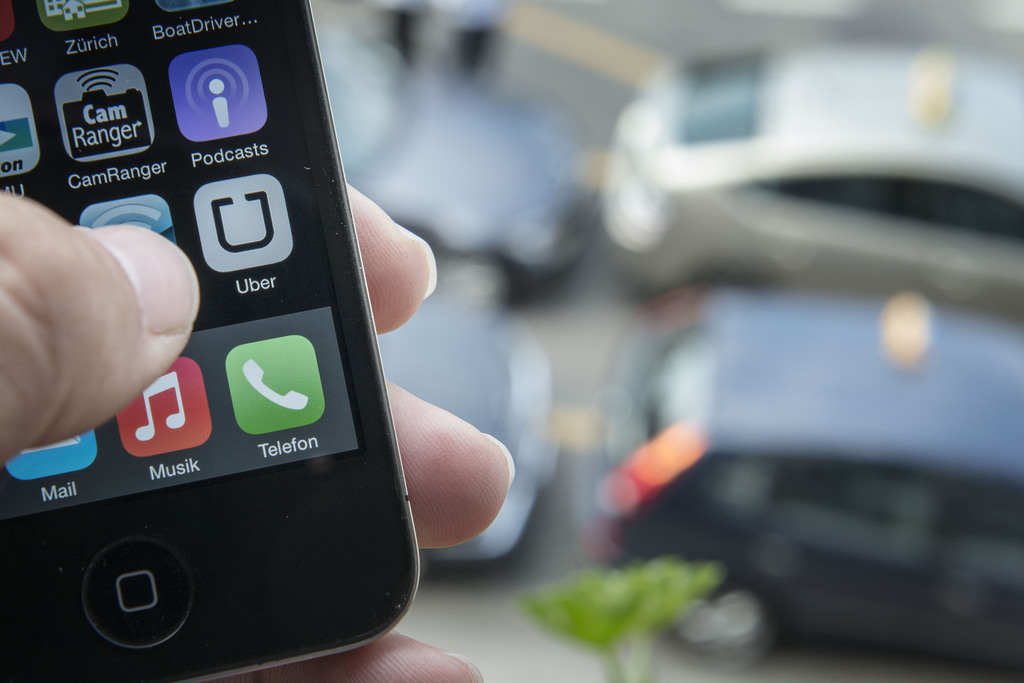
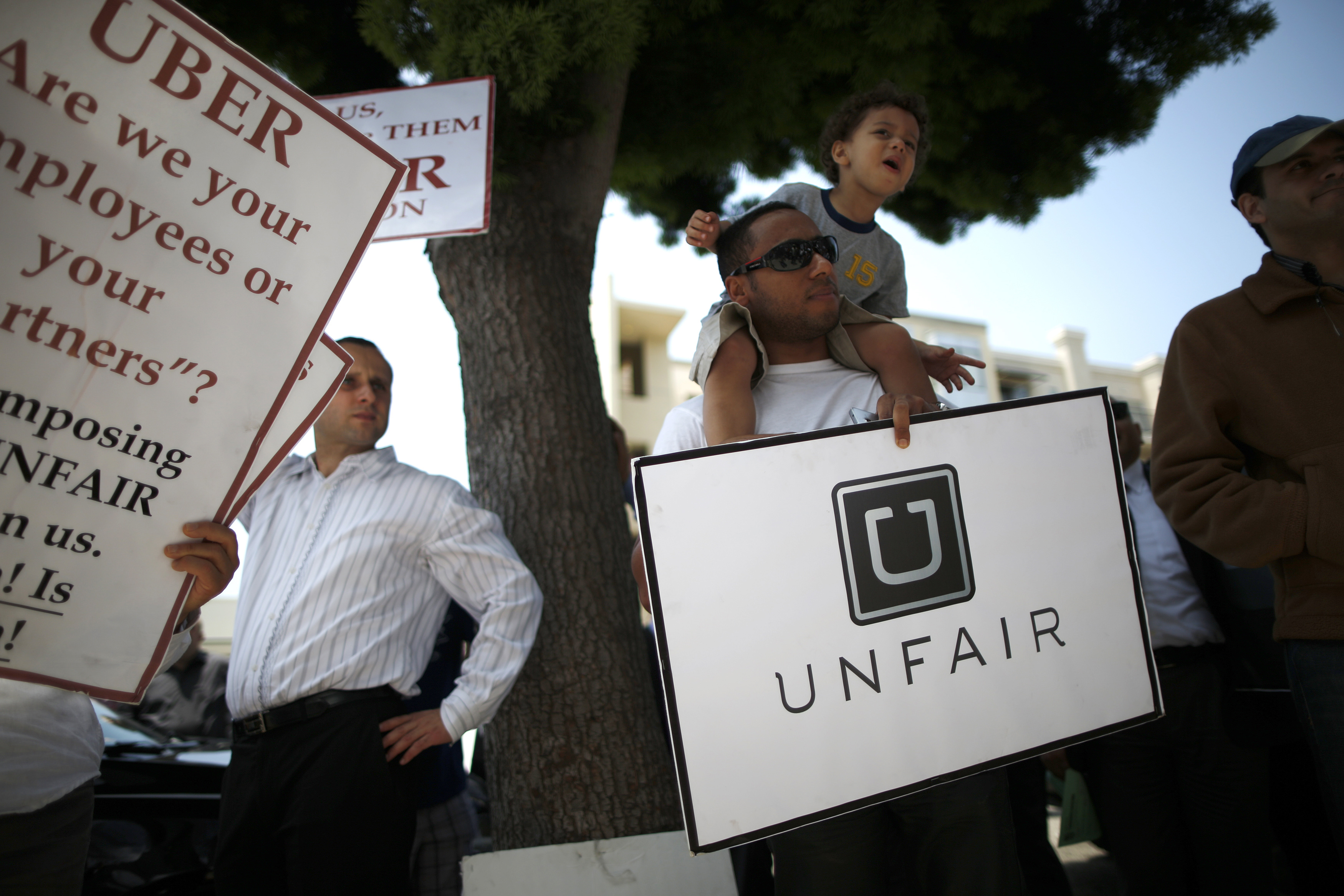
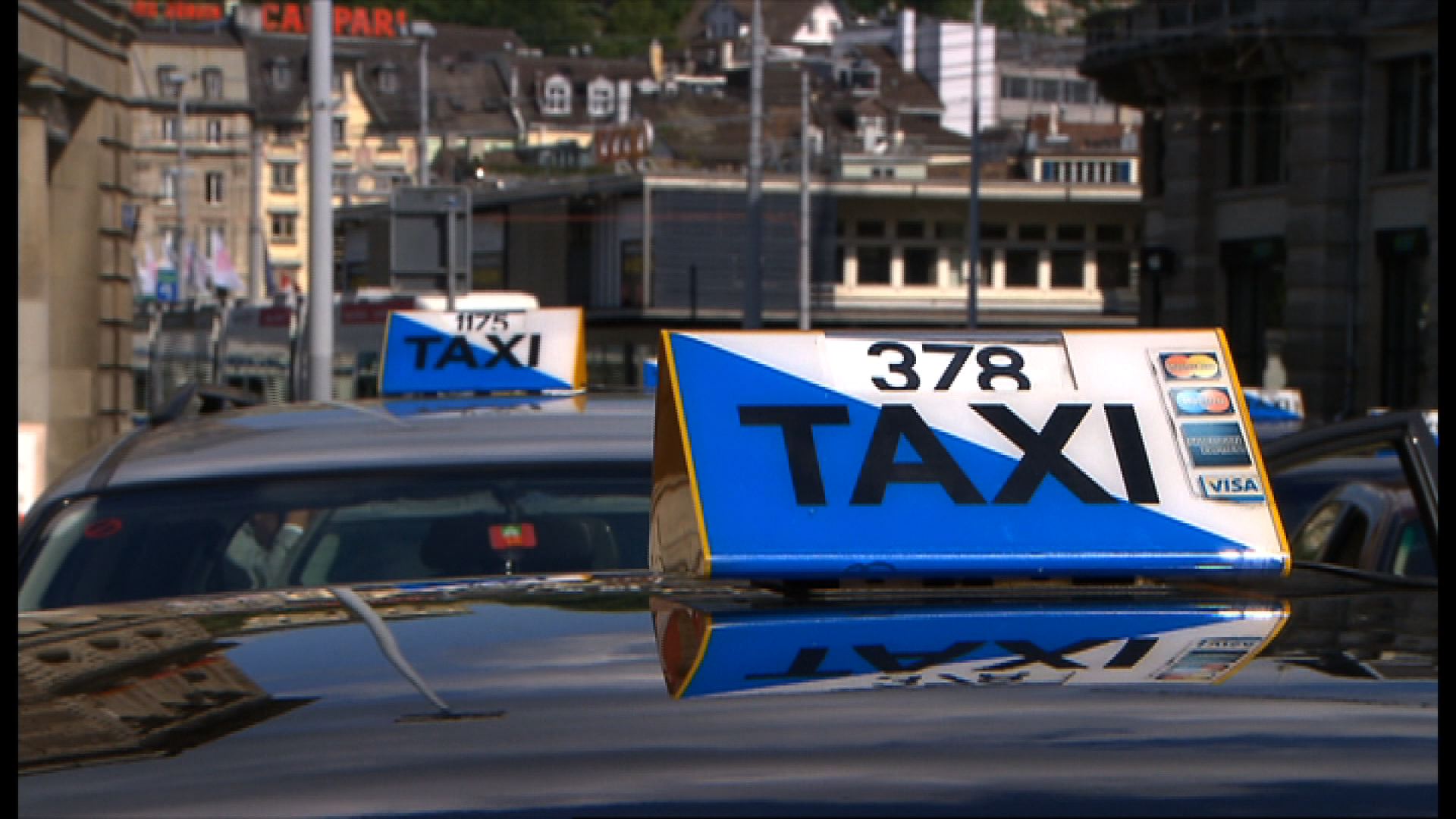

You can find an overview of ongoing debates with our journalists here . Please join us!
If you want to start a conversation about a topic raised in this article or want to report factual errors, email us at english@swissinfo.ch.